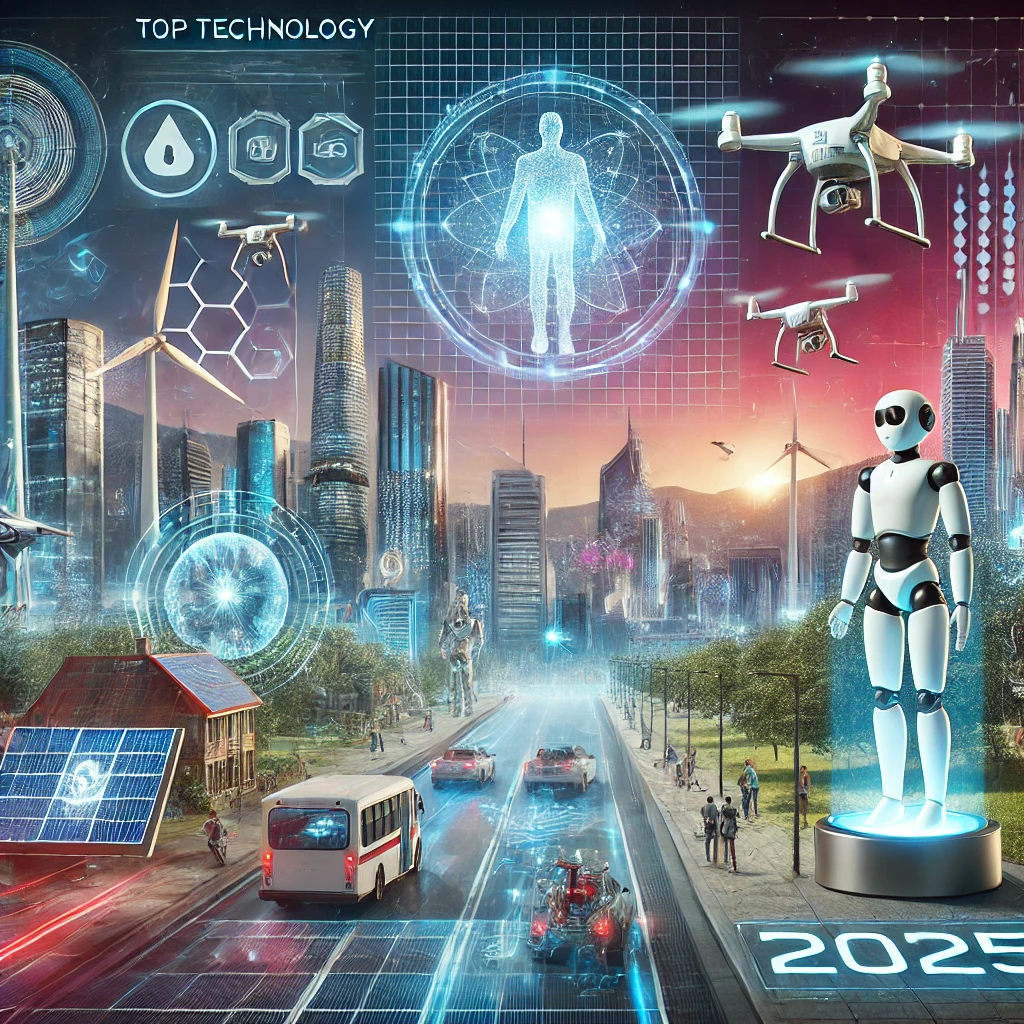
Introduction: The future of electric vehicles (EVs) in 2025 is more promising than ever. As the world shifts toward sustainable energy, advancements in EV technology are reshaping transportation. This article explores the key trends, innovations, and challenges shaping the EV landscape in 2025.
1. Advancements in EV Battery Technology in 2025 Battery technology is at the heart of the future of EVs in 2025. Breakthroughs in solid-state batteries are enhancing energy density, reducing charging time, and extending driving range. These advancements make EVs more practical and appealing to consumers.
2. Increased EV Adoption Rates Worldwide Governments and manufacturers are driving the adoption of EVs. Incentives such as tax breaks, subsidies, and infrastructure investments are making the future of EVs in 2025 accessible to a broader audience. Countries like Norway and China are leading this transition.
3. Expansion of EV Charging Infrastructure The future of EVs in 2025 includes a robust charging network. Fast-charging stations and wireless charging technologies are becoming more common, reducing range anxiety and improving convenience for EV owners.
4. Autonomous Electric Vehicles on the Rise Self-driving EVs are no longer a distant dream. Advances in AI and sensor technology are making autonomous vehicles a reality, marking a significant milestone in the future of EVs in 2025.
5. The Role of Renewable Energy in Powering EVs The integration of renewable energy sources like solar and wind is a critical aspect of the future of EVs in 2025. These sustainable energy options are reducing the carbon footprint of EVs and making them an environmentally friendly choice.
6. Affordable EV Options for Every Consumer With declining production costs, the future of EVs in 2025 includes a wide range of affordable models. Economical EVs are making green transportation accessible to middle- and lower-income households.
7. Innovations in EV Design and Features The future of EVs in 2025 features cutting-edge designs with advanced features like smart connectivity, voice control, and AR-assisted navigation. These innovations enhance the driving experience and safety.
8. Collaboration Between Automakers and Tech Companies Automakers are partnering with tech giants to accelerate the future of EVs in 2025. These collaborations are fueling innovation, from AI-driven systems to cloud-connected EVs.
9. Challenges Facing EV Adoption in 2025 Despite progress, challenges remain in the future of EVs in 2025. High initial costs, battery recycling, and limited infrastructure in rural areas are barriers to widespread adoption.
10. The Global Impact of EVs on Climate Change The future of EVs in 2025 plays a pivotal role in combating climate change. By reducing greenhouse gas emissions, EVs are contributing to cleaner air and a healthier planet.
Conclusion: The future of electric vehicles in 2025 is marked by innovation, sustainability, and global collaboration. As technology advances and adoption rates grow, EVs are set to revolutionize the transportation industry. For more insights, explore resources like CleanTechnica.
The Future of Electric Vehicles (EVs) in 2025
The Future of Electric Vehicles (EVs) in 2025